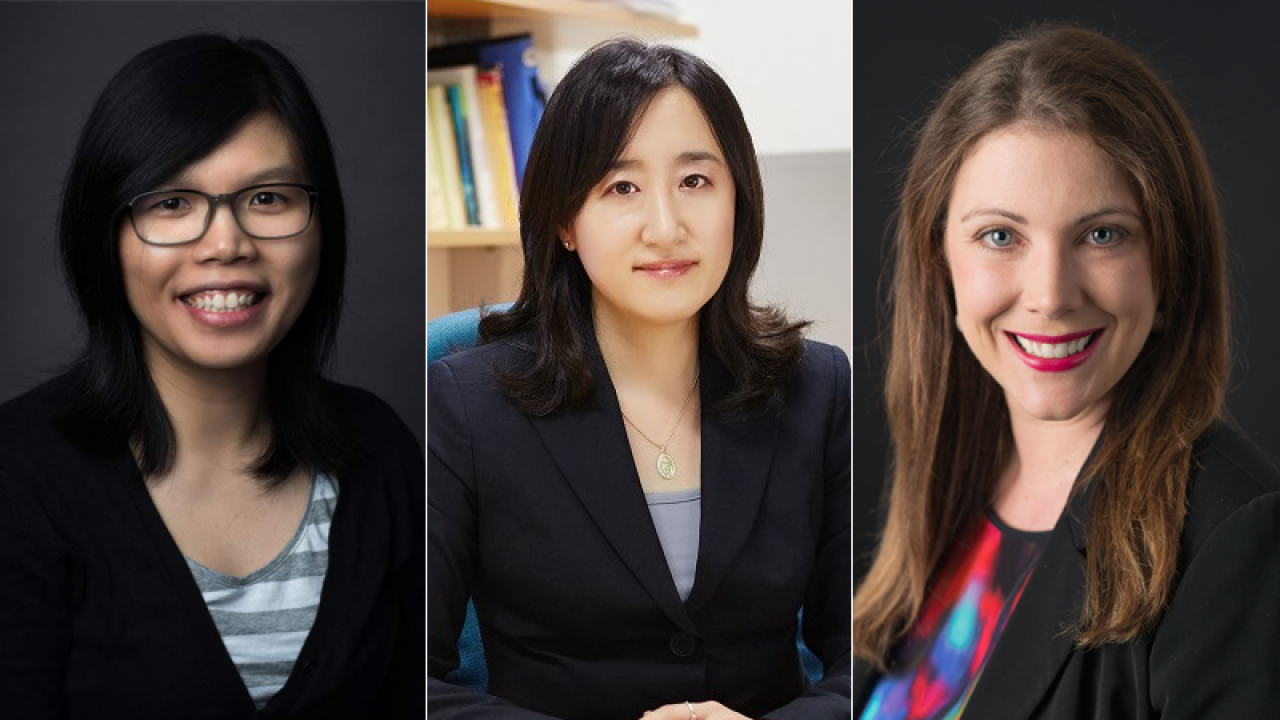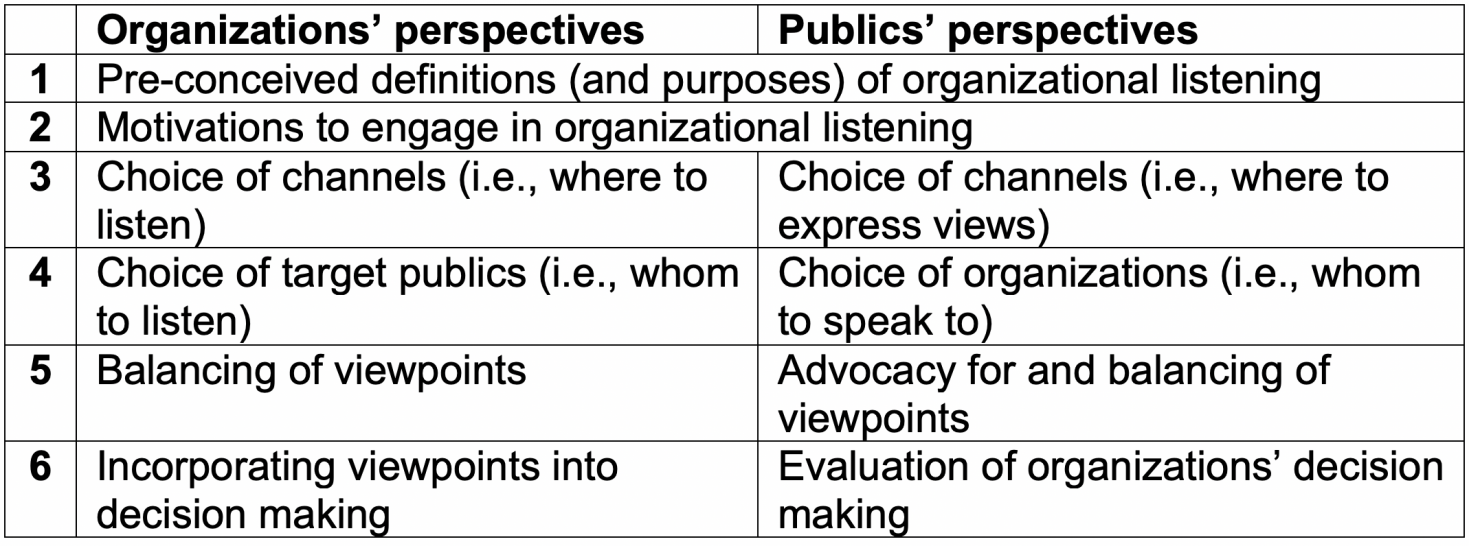August 03, 2020
Research in Progress: Devil is in the “process”: Exploring factors affecting representativeness

By Lisa Tam, Queensland University of Technology; Soojin Kim, University of Technology Sydney; and Helen Hutchings, Phillips Group
In February 2020, Paul, a dog owner in Lane Cove, a suburb in Australia, found that the Lane Cove Council was planning to remove the fixed gates from Kingsford Smith Oval and install chicane gates. This change implied that dog owners could not use the park as an enclosed park anymore and that they needed to look for alternative enclosed park if they wanted to off leash their dog. The evidence provided to the council to support the need for these changes was a series of complaints made by council staff, cricket players and undisclosed others. The complaints were about dog owners’ behaviors, such as leaving their dogs unattended in the oval and the rise of dog attacks.
While this public space involves several stakeholders — from sports players and coaches, dog owners, park users, to neighbors living near the enclosed parks — the council’s decision did not go through public consultation.
The Lane Cove Council said that notices were mailed to the homes bordering the park and signs were posted. The council acknowledged that there was no public consultation in this case. However, the decision was already made unanimously by all council members and it was not done in a council meeting.
Paul felt that there were failures in the public consultation process. Only residents around the park were told of the proposal. Even though several dog owners requested the council for an appropriate public consultation process, those requests were not successful. He felt that the council was not listening to the voices of dog owners and, instead, only the voices of other parties who complained. Out of 20,000 Lane Cove residents, 6,000 were registered dog owners.
On July 20, the Lane Cove Council finally published the “Notice of motion: Dog-friendly Lane Cove Strategy” that included several suggestions such as opportunities for more designated leash-free exercise areas and a designated shore area for dogs to swim.
Paul was still disappointed with the council as no residents or representatives were involved in the development of this strategy.
In an ideal world, organizations should listen to ‘all’ or ‘diverse’ stakeholders. In the real world, many organizations are criticized for not listening or for selective listening, just like the aforementioned case in Lane Cove.
‘Listen more’ and ‘listen better’ are overly simplistic and impractical solutions to these criticisms. Organizational listening is easier said than done. When different stakeholder groups have different interests and demands, it is hard to find a ‘sweet spot’ in collecting, balancing, and negotiating different viewpoints.
In truth, it is challenging to achieve:
- Representativeness: such that stakeholders whose voices are heard are representative of all stakeholders relevant to an issue
- Diversity: such that the voices heard encompass all the different viewpoints about the issue
With this backdrop, our Page Center-funded study is built on the proposition that there are enabling and constraining factors that affect representativeness and diversity in the process of organizational listening.
We will be examining the following factors from the perspectives of both organizations and publics:

With funding support from the Page Center’s grant, we will be conducting three rounds of data collection:
1. Interviews with 20 to 30 public relations professionals to explore organizations’ perspectives.
2. Online questionnaire with 500 Australian citizens to explore publics’ perspectives.
3. Online experiments with Australian citizens to understand how publics evaluate the process of organizational listening on a fictional issue involving a fictional company.
Upon completion, our project will contribute to the Page Principle ‘Listen to stakeholders.’ For organizations that wish to ‘listen more’ or ‘listen better,’ our findings will shed light on how the process of organizational listening can be designed and adjusted to ensure representativeness and diversity.
For further information on this study, please email Lisa Tam at l.tam@qut.edu.au; Soojin Kim, at soojin.pr@gmail.com or Helen Hutchings at brisbane@phillipsgroup.com.au. This project is supported by the 2020 Page/Johnson Legacy Scholar Grant from the Arthur W. Page Center. Results from the study will be available in 2021.
